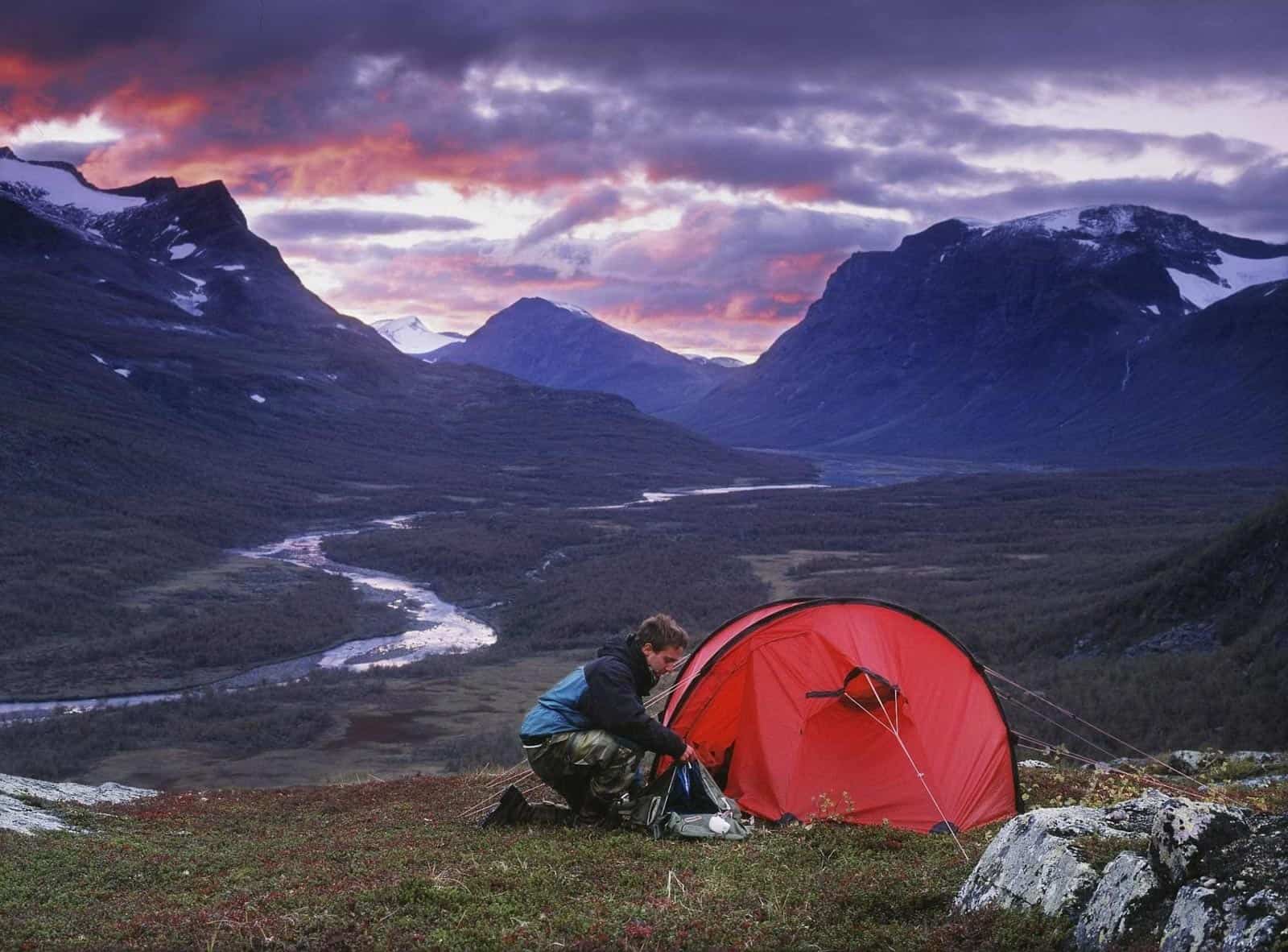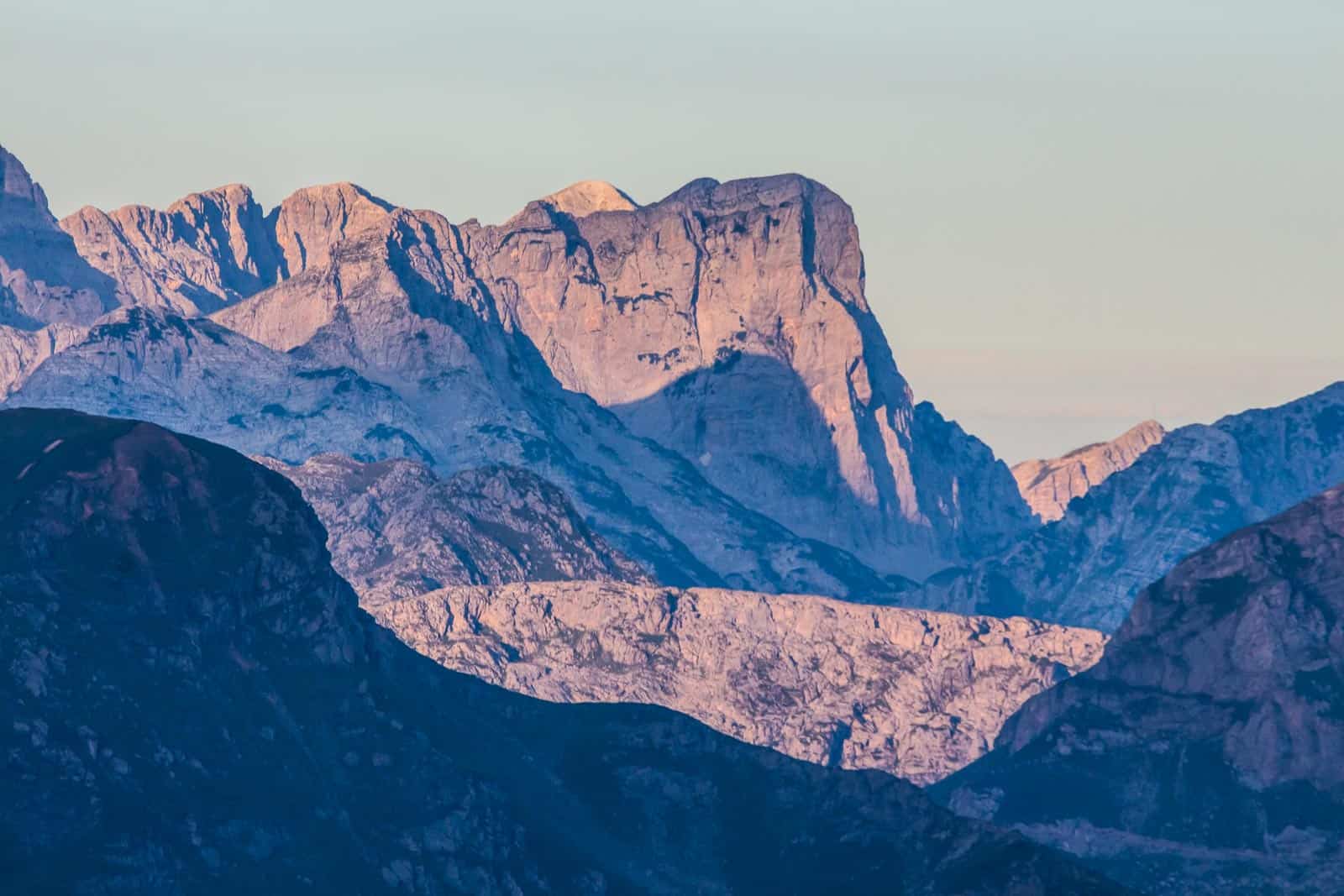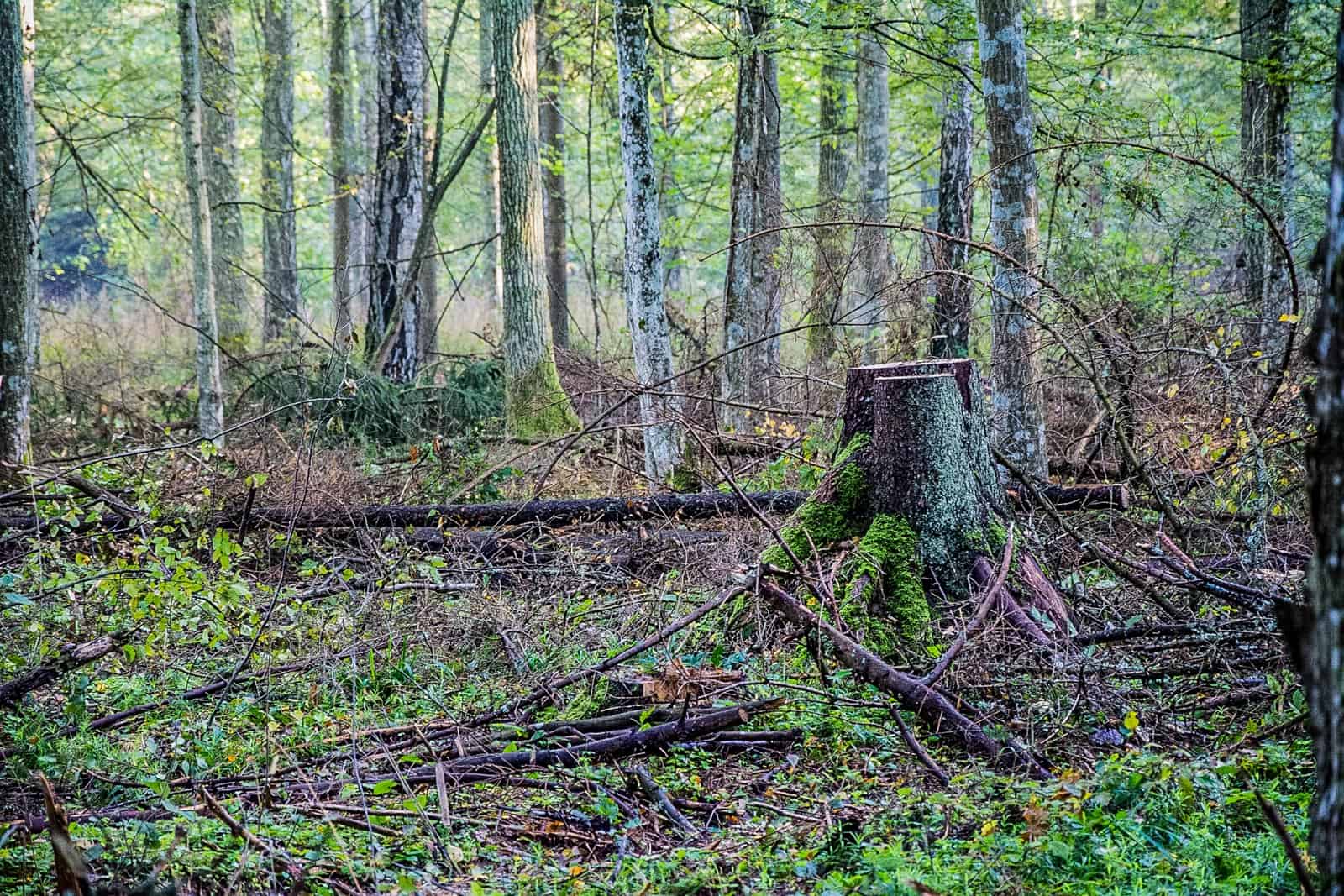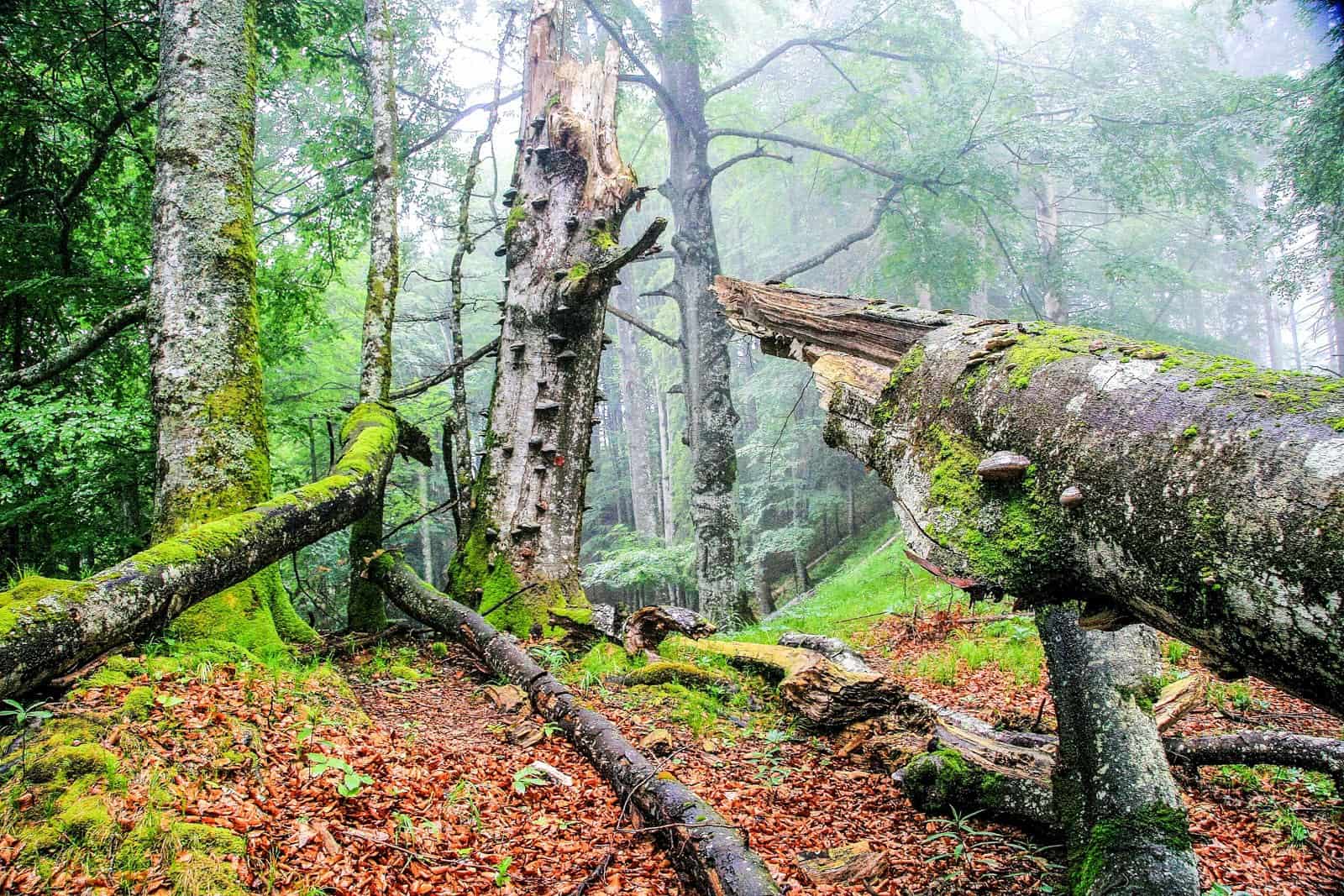Don´t be a careless wild camper
The influence of the Corona pandemic has significantly impacted camping in several European countries. Camping has likely become the safest form of holiday accommodation during the pandemic. Therefore, it is only July, but several conventional campsites, operating with reduced capacity are already fully booked for the whole season, especially in the most popular spots. As a consequence, surges of unsustainable wild camping, rubbish and illegal, unattended fires are destroying the most unique conservation areas. Let’s remind ourselves on the World Nature Conservation Day, that protecting nature and conserving the natural values is a joint effort!
Please also read: Camping in Wilderness
Nature is not a festival
According to The National Trust in the UK which manages almost 800 miles of coastline and 250,000 hectares of mainly open access land, there has been a dramatic increase in a specific form of wild camping. What has been since named as “fly camping”, illegal campers leave behind inappropriately disposed human waste and sometimes even the tents themselves.
“We are seeing a disposable festival mentality which we’ve not experienced at our places before. This is not only causing us issues with having to spend valuable time clearing up sites – taking our staff away from vital conservation work and engaging with visitors – but also leaving debris and litter behind, which can cause issues for wildlife such as injuring animals and destroying habitats.”
It is not only the UK that noticed a dramatic increase in irresponsible wild camping. As a lot of campsites across Europe are not opening at all this season, and others have significantly reduced their capacity to comply with the COVID-19 regulations, several travellers are setting up their camping spots in inappropriate places, and leaving behind much more than footsteps.
There is definitely a thrill and a sense of freedom in wild camping. However, there is a distinct difference between those nature enthusiasts, who are educated and experienced, and those who pitch their tents usually in larger groups, and leave like they would leave a festival or hotel room. Camping for discreet wild campers means an appreciation of nature, and therefore they pitch their tent in remote locations, and go early without leaving anything behind.
Do your research and prepare
Don´t get unpleasantly surprised when you arrive to your selected campsite. Many of the campsites are closed this season or in frequently visited areas are already close to reaching their maximum capacity throughout the rest of the summer. Do your research, inquire in advance about their availability. Wild camping without permission on any public or private land should never be a backup plan, as, among others, you may unknowingly select a spot of unique natural value, and a place of scientific interest, thus disturbing and harming habitats of wildlife. Moreover, you might put in jeopardy the existence of already accepted, legal wild camping spots. Forestry England usually allows wild camping in four specific designated locations in Kielder Forest in the Northumberland. However, due to huge amounts of rubbish found after campers, and rangers having to deal with one to two unpermitted camps per week, the government agency banned all wild camping in Kielder.
Respect Nature, Respect People
This travel restrictions might affect the temporary closure of campsites. Even though camping and social distancing usually go pretty well together, you should take good care when you decide to go on a camping holiday. Especially for travel enthusiasts and nature people, the current situation is very difficult, but to slow down the further spread of the virus as much as possible, we have to limit contact with others. Keeping a safe distance, paying as much by card as possible, avoiding hand shaking, wearing a face mask and frequent hand disinfection should be the standard for every traveller this year.
Moreover, as always, follow the Respect Nature principles. Plan ahead and prepare for your trip, camp on safe, legal campsites, dispose of your waste responsibly, minimise any fire impact, respect wildlife and other visitors, and last but not least, always leave what you find and how you find it. You are a guest in nature – respect and behave.















This is an excellent article. I love to go camping in the wild. Wild camping gives me mental peace. It’s important to take care of the environment while camping in the wild. Since when do you camp? Let’s keep it going. Regards
Great Article and Thanks for sharing keep up the great work.
True, don’t be a camper while arranging a camp. You must accompany tools like machete while camping.
Great informative article! I love wild camping. Because wild camping gives mental peace. We clean up during wild camping, Should take special care of. How long have you been camping? Keep it up. Thanks